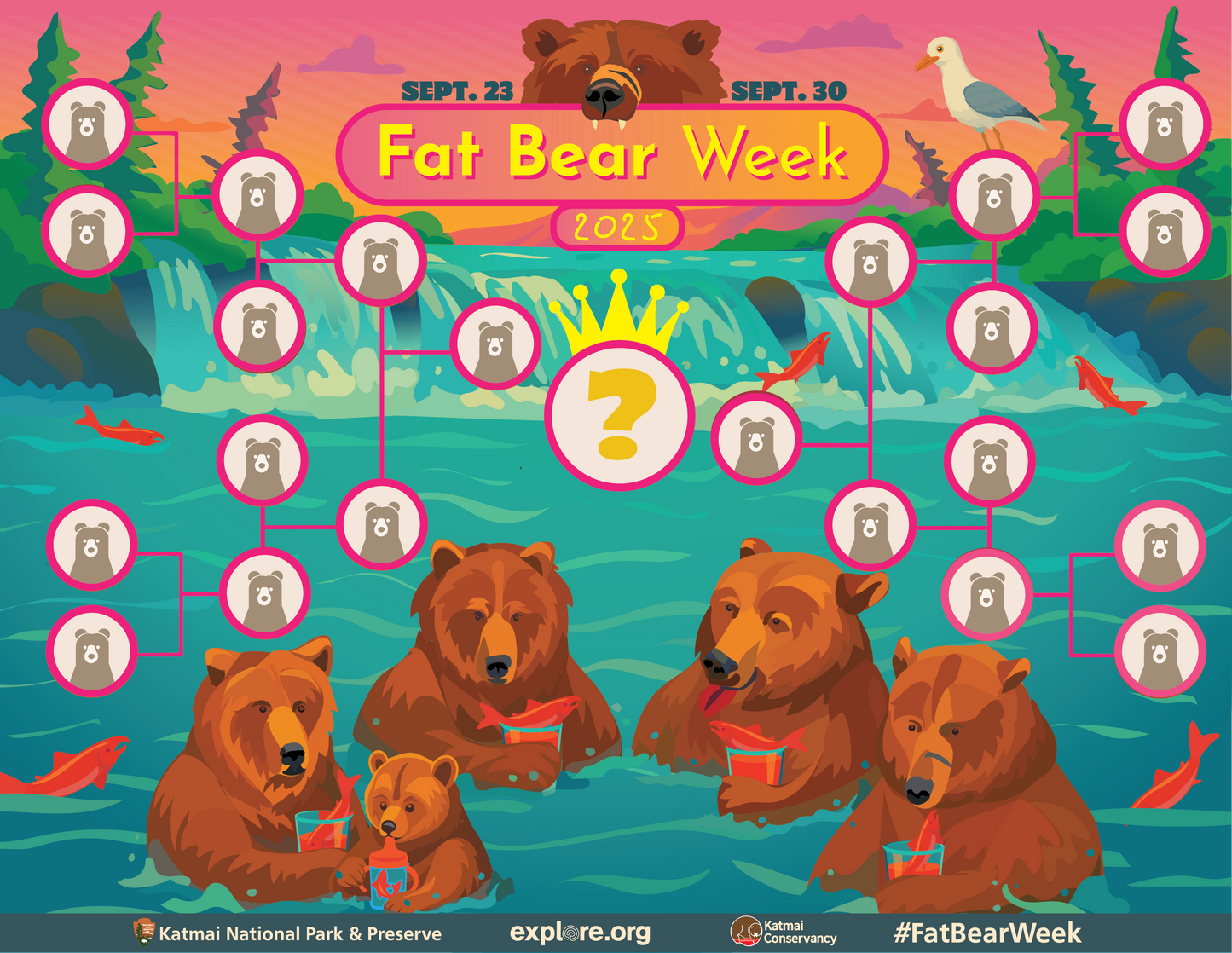Hey folks, welcome back to the Unbiased United States News blog here on Amerili.com. If there's one topic that never seems to fade from the headlines, it's the saga surrounding Jeffrey Epstein—the financier and convicted sex offender whose web of influence reached into some of the highest echelons of power. On September 8, 2025, the House Oversight Committee dropped a massive batch of documents: over 33,000 pages related to Epstein, pulled from the Department of Justice following a subpoena issued just a month earlier. Among the highlights? A quirky yet controversial item called Epstein's "birthday book," which has everyone talking again about his ties to politicians, celebrities, and business moguls. As always, we're sticking to the facts here—no speculation, just what's been made public so far. Let's break it down step by step, because this stuff is dense, but it matters for understanding accountability and transparency in America.
First off, a quick refresher for context: Epstein died by suicide in 2019 while awaiting trial on federal sex trafficking charges. His case has long been a lightning rod, with victims' lawsuits uncovering details about his network of enablers and associates. These new files stem from ongoing efforts by Congress to get the full picture from the DOJ, and while much of the material was already out there (think court docs from Florida and New York cases), there's some fresh—or at least freshly highlighted—content that's stirring the pot. The committee, led by Republican Chairman James Comer, released the docs with redactions to protect victim identities and any child exploitation material, and more are expected as the DOJ complies further. You can even download them yourself from links on the committee's site if you're feeling archival today.
Now, onto the star of the show: Epstein's 2003 "birthday book," a custom-made keepsake for his 50th birthday that friends and associates filled with photos, messages, and doodles. It's like a high-society yearbook, but way more loaded given what we know now. The book resurfaced in these files from Epstein's estate, and it includes contributions from several big names. For instance, former President Bill Clinton penned a note praising Epstein's "curiosity and energy," while Harvard Law professor Alan Dershowitz (who's faced his own Epstein-related scrutiny) added a message about Epstein's intellect. There's also a shoutout from Alan "Ace" Greenberg, the late CEO of Bear Stearns, calling Epstein a success story. These aren't smoking guns of wrongdoing—they're just friendly banter from two decades ago—but they underscore how Epstein schmoozed with the elite before his crimes came to light in 2006.
The real buzz, though, is around a letter and sketch purportedly from Donald Trump. Dated around 2003, it's addressed to Epstein and refers to him as a "pal," with some crude humor involving a silhouette drawing of a naked woman. The signature reads "Donald," and it's been compared to Trump's handwriting from that era. Trump and the White House have flat-out denied it, with Deputy Chief of Staff Taylor Budowich calling the signature a forgery and pointing to an ongoing lawsuit against News Corp (parent of the Wall Street Journal) over similar claims. Pro-Trump influencers jumped on this quick, labeling it fake without a deep dive, while Democrats on the committee—like those who posted an image of the letter on X before the full release—accused Republicans of dragging their feet on transparency. There's even a photo in the book showing Epstein holding a novelty check for $22,500 made out from Trump to Epstein, with cheeky text about money and women (one name redacted). Again, context is murky—could be a joke from their social circle back in the day—but it keeps the questions flying about what Trump knew and when, especially since he once called Epstein a "terrific guy" in a 2002 interview before distancing himself.
Beyond the birthday book, the files revisit familiar territory: Epstein's 2007 non-prosecution agreement in Florida (that sweet deal with then-U.S. Attorney Alex Acosta), his will, and estate documents. Epstein's lawyers reiterated in the docs that they're not aware of any "client list" floating around, which contradicts some earlier hints from Florida AG Pam Bondi about such a thing existing. No bombshell new criminal charges have come out of this—it's more about filling in historical gaps and reminding us of Epstein's reach. Victims' advocates, like those from ongoing lawsuits, say it's a step toward justice, but they're pushing for more unredacted info to hold enablers accountable.
Reactions have been predictably polarized. Republicans, including West Virginia Congressman Riley Moore, voted to release the files and framed it as fulfilling oversight duties. Democrats see it as a chance to probe Trump-era ties, with some calling out what they call selective transparency. Trump himself dismissed the whole thing as a "hoax" on Truth Social, tying it to broader political attacks. Media outlets from CNN to the BBC are poring over the takeaways, noting how the docs question Trump's denials yet again and highlight the bipartisan nature of Epstein's circle. It's a reminder that these stories aren't just tabloid fodder; they touch on real issues of power, privilege, and protection for the vulnerable.
Look, as someone who's followed this for years, it's exhausting how these revelations keep trickling out without full closure. But transparency like this—flaws and all—is what keeps our democracy humming. It forces us to ask tough questions about accountability, no matter the party. If nothing else, it honors the victims by keeping the spotlight on Epstein's enablers.
What are your thoughts? Does this change anything for you, or is it more of the same? Drop a comment below—we'd love to hear. And while you're here on Amerili.com, check out our multivendor marketplace for U.S.-made goods that support honest, hardworking Americans. Stay informed, stay vigilant.














Leave a comment